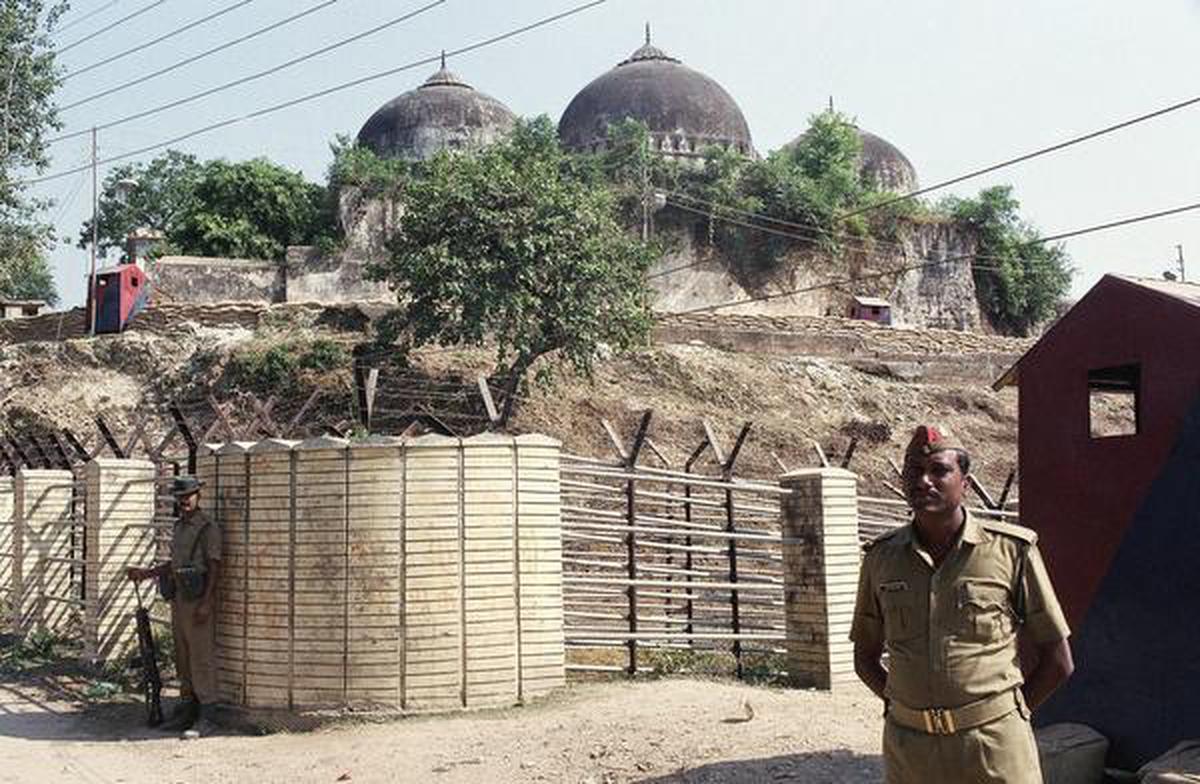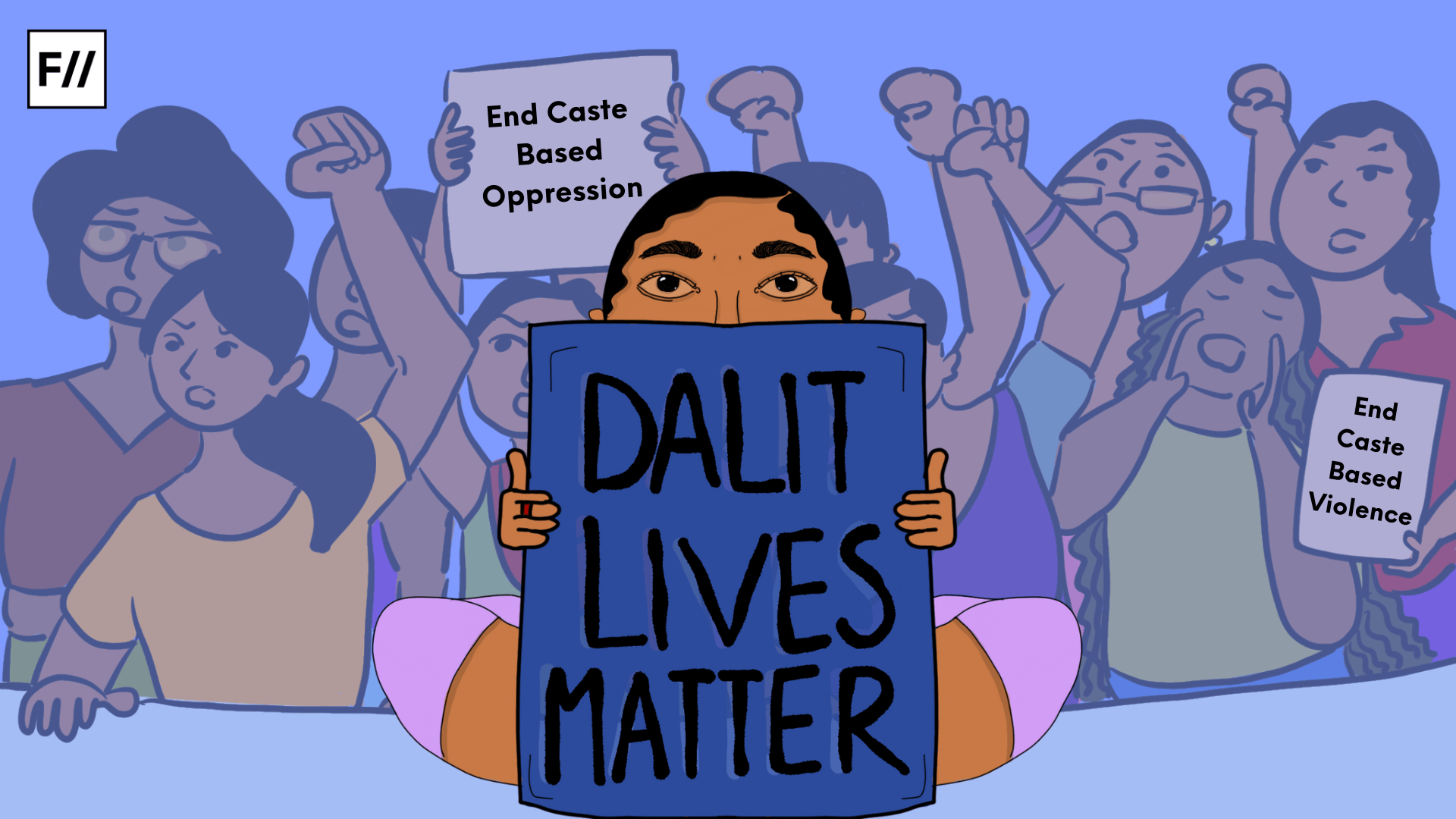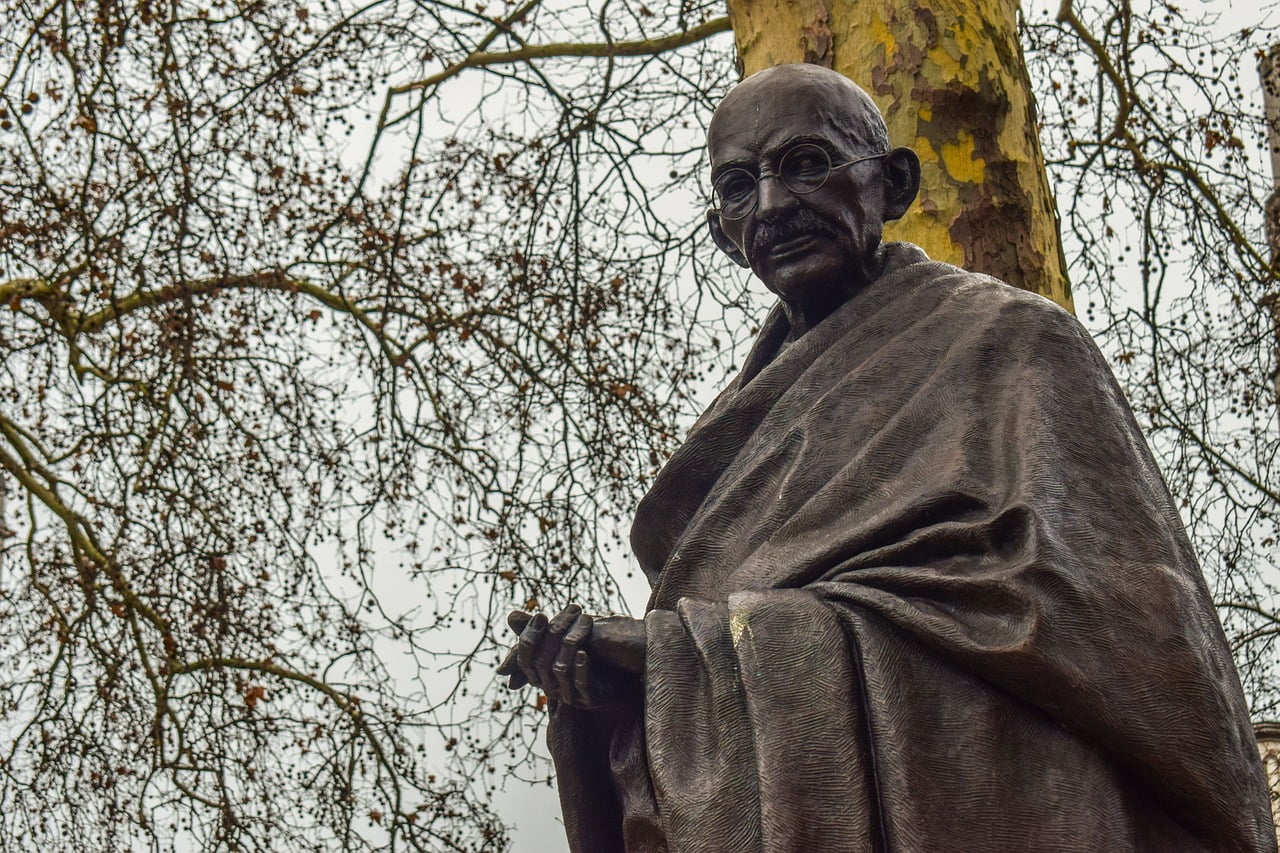Godavari Parulekar was a freedom fighter, writer, and social activist. Fuelled by her Communist and Marxist ideologies, she left a life of comfort to fight for the rights of the marginalized communities in Maharashtra, both before and after independence.
Early Life and Beginning of Activism
Godavari Parulekar (then Gokhale) was born in 1907 in Pune. She was the daughter of renowned lawyer Laxmanrao Gokhale, and a distant niece of the freedom fighter Gopal Krishna Gokhale. Born in a well-to-do family, she received a good education. She went on to study law, and became the first female law graduate in Maharashtra.
During her college years, Godavari became actively involved in the student freedom struggle movement against the British rule, and participated in individual satyagrahas. She was convicted by the regime in 1932. This soured her relations with her family, which held a more moderate view of the British rule.
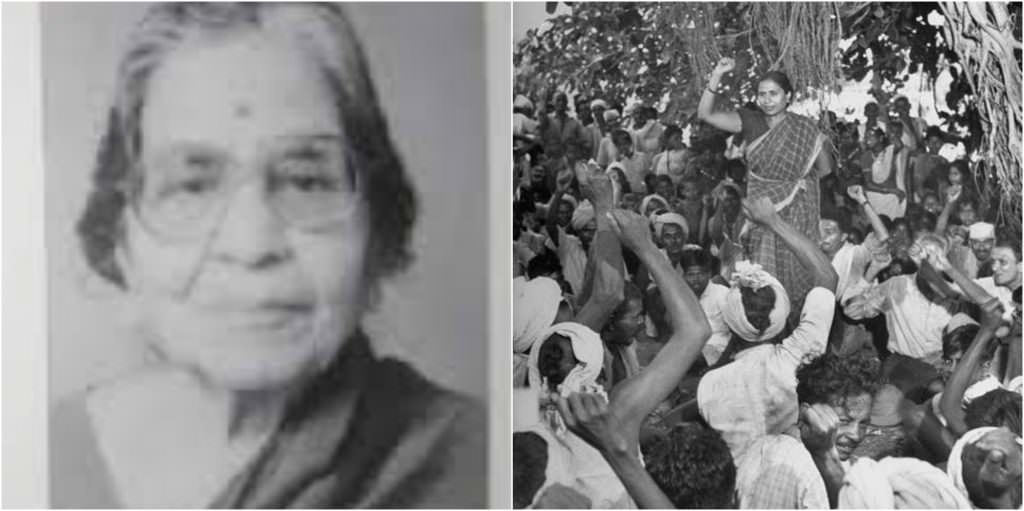
After acquiring her law degree, she became interested in social service. She became the first female life member of the Servants of India Society, an organization formed by Gopal Krishna Gokhale in 1905 to overthrow the British, and work towards India’s social and human development. Within two years (1937-38), she led the first ever organized literacy campaign in Maharashtra, and united domestic workers, an unorganized section of the working class. She was frequently imprisoned by the British government for her work with labour unions. She also organized and led the farmers in Thane district of Maharashtra in 1938-39. There she met Shamrao Parulekar, a fellow-member of the Servants of India Society, who shared similar beliefs and passions. They were married in 1939, marking the beginning of a long political and personal partnership.
Strengthening of Communist Beliefs
Godavari and Shamrao Parulekar left the moderate Servants of India Society, and joined the Communist Party in 1939. There they helped in the organizing the first anti-war strike of the working class in Mumbai, refusing to support the British with their World War II efforts. When the other leaders, including Shamrao were arrested, Godavari continued to lead the protests, and was finally detained for over two years, from 1940-42.
From 1942 onwards, Godavari shifted her focus to organizing the farmers, who constituted almost 70 percent of the country’s population. Inspired by marxism, she believed that revolutionizing the farmers was the key to creating a socially just society. She became involved with the All India Kisan Sabha, and was one of the founding members and first joint secretary of the Maharashtra Rajya Kisan Sabha.
Working with the Warli Community
During her work with the Kisan Sabha, Godavari came across the problems of the Warli community. The Warli people were pushed into forced and bonded labour by wealthy landlords who had usurped their land. The Warli women, considered less pure than the men, were being raped by the landlords, accused of witchcraft and killed.
Godavari devoted her life to the struggle of the Warlis. Along with Shamrao, she led the Warli Adivasi Revolt which swept parts of Maharashtra from 1945 to 1947. Not only did the revolt end forced labour and establish fixed wages, but it became an integral part of the pre-independence movement against landlordism.

Later Life
Even after India received independence, Godavari Parulekar continued to fight for the rights of Warlis and other Adivasis near Thane District. Her movements influenced several policy decisions taken by the newly formed Indian Government. She and Shamrao founded Adivasi Pragati Mandal (Tribal Progress Council), an educational institution for the Adivasis in 1961. Today, the organization runs a college, and several schools and hostels in the region.
When the Communist Party broke in 1964, the Parulekars founded the Communist Party of India (Marxist), which still works towards the interests of the farmers and Adivasis of Maharashtra. After Shamrao’s death in 1965, Godavari continued to lead the CPI (M) party along with the Maharashtra Kisan Sabha, until her own demise in 1996.
Written Works
Godavari Parulekar documented the struggles of the adivasis and her own movements in her books. Her most prominent book ‘Jewha Manus Jaga Hoto’ (The Awakening of Man), published in 1970, received the Sahitya Akademi award in 1972. It has now been translated into a large number of languages, including English and Japanese. Her other books include ‘Adivasi revolt: the story of warli peasants in struggle’ and ‘Bandivasachi aath varsh’ (Eight Years of Imprisonment), based on the experiences of her female fellow-inmates.
 Why she is important
Why she is important
From being the first female law student in Maharashtra to being a leading voice in several political organizations, Godavari Parulekar left her mark on India’s socio-political history. In addition to the Sahitya Academy Prize, she won the Jawaharlal Nehru Award and the Soviet Land Award for her book. She was also given the Lokmanya Tilak Award for her service towards the marginalized and downtrodden communities in India, and the Savitribai Phule Award for her work towards social equality and emancipation of women.
Godavari broke many glass ceilings for the women in Maharashtra and India. In 1986, she became the first female president of the All India Kisan Sabha, creating a niche for herself within the domain of agriculture, an area where women have played a significant role for thousands of years but have received no acknowledgement.
Godavari Parulekar has been etched in history as a social activist and an avid spokesperson for communism. Her legacy is continued by the organizations founded and led by her, that are still working towards empowering marginalized people all over the country. While many women’s voices are lost in the re-writings of history, she is celebrated as a woman who worked alongside her husband but maintained a distinct voice of her own.
Also read: Remembering The Red Feminist: Anuradha Ghandy | #IndianWomenInHistory
References
- Godavari Parulekar: A Centenary Tribute
- Encyclopaedia of Indian Literature by Amaresh Datta
- Women in Modern India by Geraldine Forbes
- The Kisan Sabha and Adivasi Struggles in Thane District after 1947
- 80 Years and Fighting: All India Kisan Sabha in Today’s Moments of Agrarian Distress
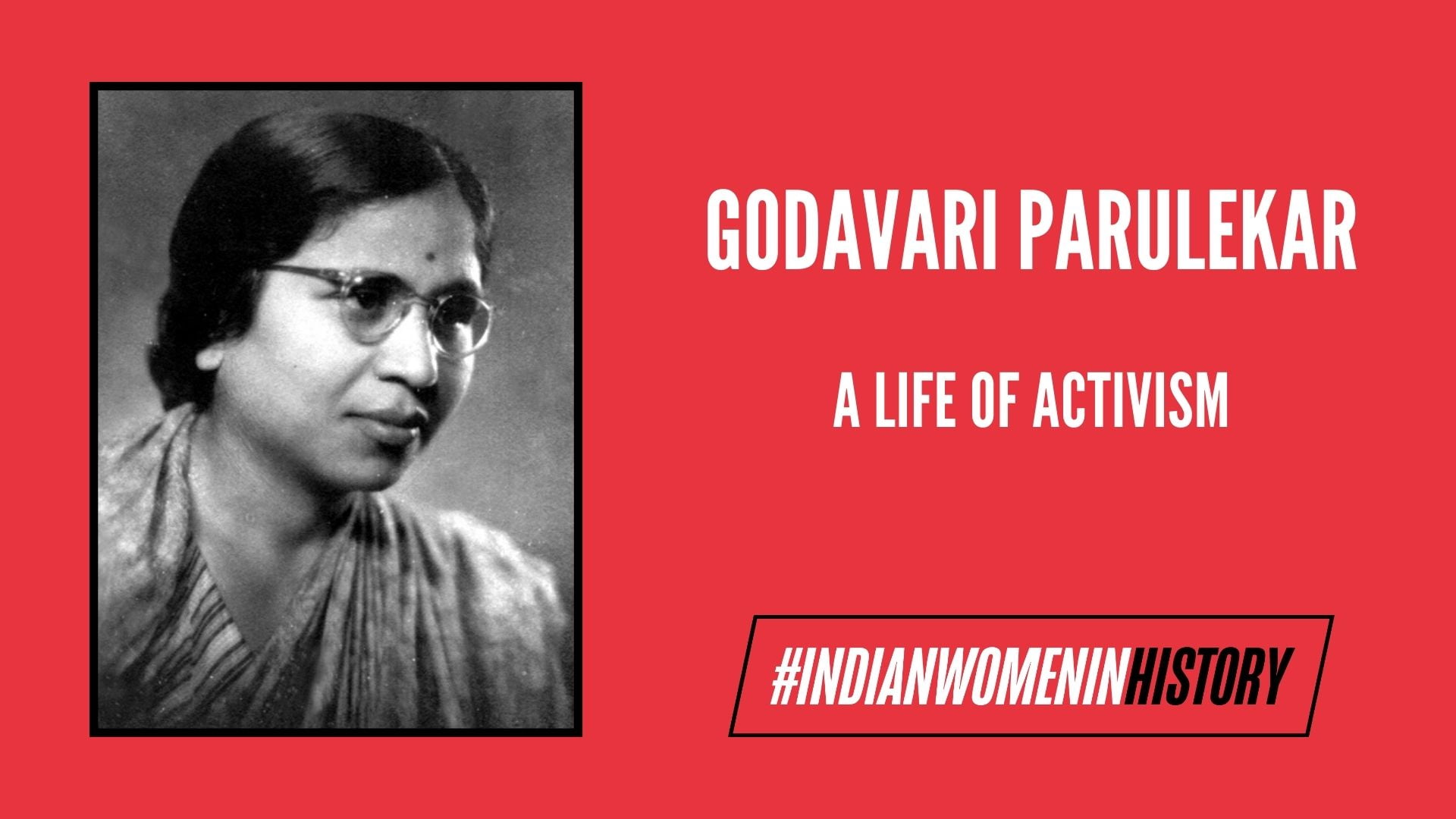
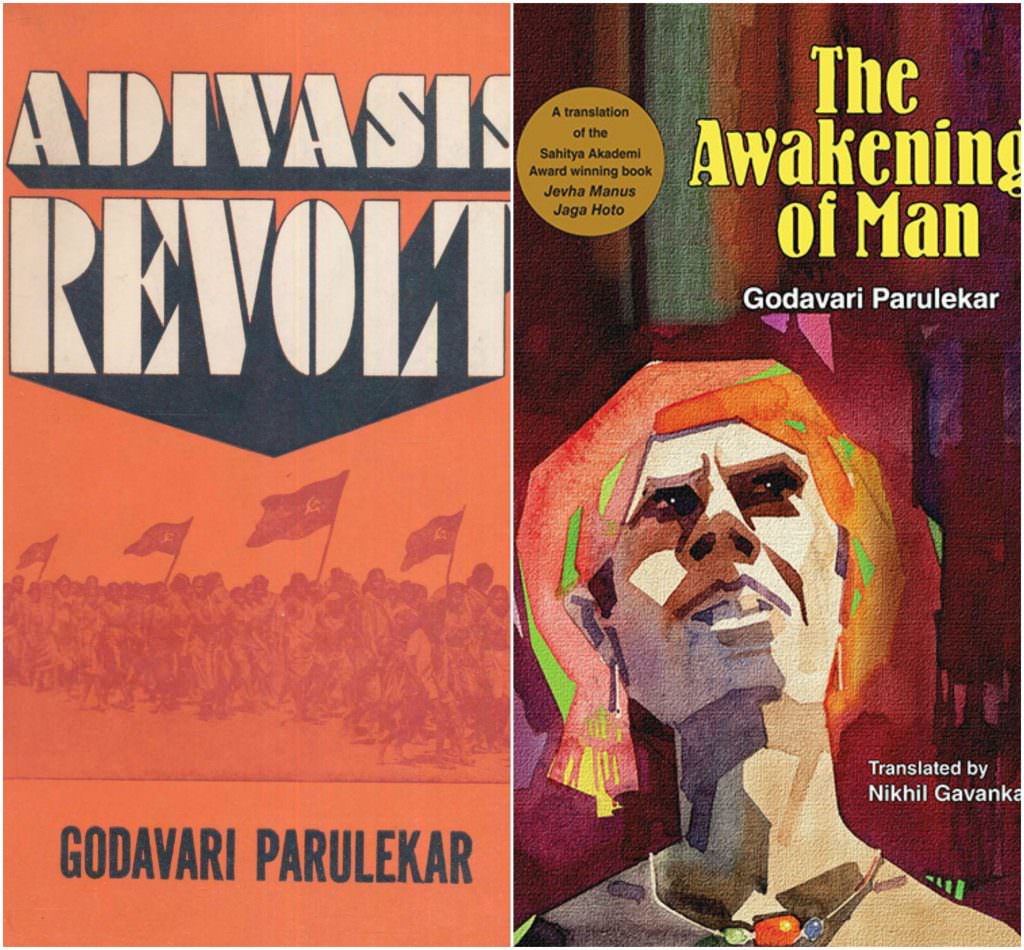 Why she is important
Why she is important